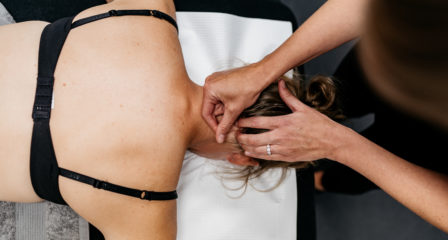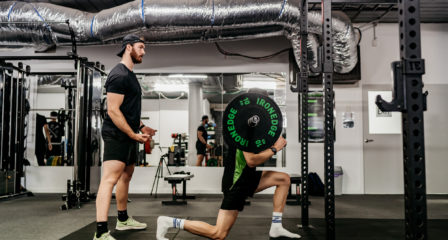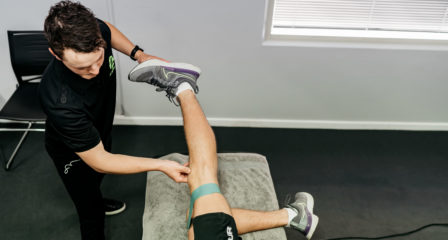
Patellofemoral Pain (PFP)
What is it?
Patellofemoral pain is a condition characterised by pain in the front of the knee, typically around or behind the knee cap. It is also commonly referred to as ‘patellofemoral pain syndrome’ or ‘anterior knee pain’. Patellofemoral pain is the result of sensitisation and irritation of tissues within and around the joint between knee cap and the thigh bone.
Interestingly, researchers aren’t entirely sure which tissues are involved, as MRI findings of ‘wear and tear’ within the patellofemoral joint do not correlate well with the development of symptoms. As such, the diagnosis of patellofemoral pain is made through the presence of a cluster of signs and symptoms.
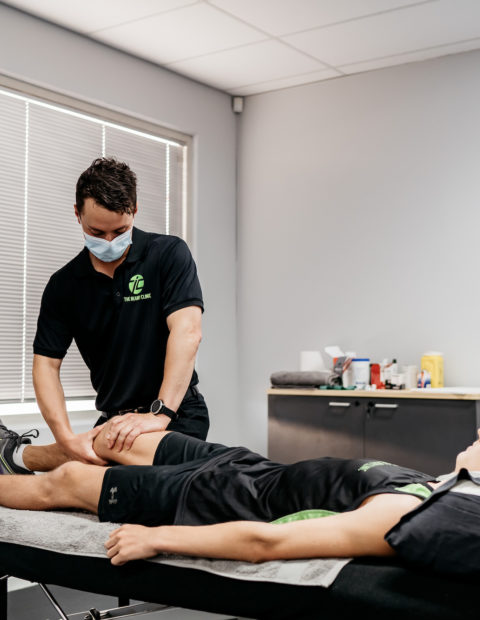


Symptoms commonly associated with PFP
Individuals with patellofemoral pain usually experience symptom reproduction in the front of their knee with activities such as squatting, ascending or descending stairs, running and prolonged sitting. It is usually described as a diffuse, dull aching sensation.
Patients may also experience some knee swelling and joint clicking. Symptoms typically develop slowly over time; however, may also occur after an acute injury or after knee surgery.
Contributing Factors associated with PFP
INTRINSIC FACTORS
– More common in females
– Decreased quadriceps strength
– Decreased hip strength (abduction, extension & external rotation)
– Decreased hip control, particularly internal rotation and adduction of the hip during running or jumping tasks
– Increased tibial internal rotation coupled with rearfoot eversion (i.e. often seen in people with ‘pronated’ or ‘flat’ feet)
– Decreased quadriceps, hamstring and calf flexibility
– Decreased or increased movement of the patella
– Biomechanical factors (low cadence, increased peak hip adduction and internal rotation movement)
EXTRINSIC FACTORS
– Rapid increases in frequency and intensity of activities which load the patellofemoral joints (i.e. increases in hill running, increased weekly running mileage, prolonged sitting at work)
– Specialisation in one specific sport or activity
Considerations in the management of PFP
Short term
- Knee taping
Taping may be utilised to provide short term pain relief during aggravating activities such as running or sport.
- Foot orthoses
Individuals with excessive foot pronation may be prescribed foot orthoses for pain relief. There is evidence suggesting that prefabricated orthoses are sufficient to improve pain and function.
- Soft tissue techniques/dry needling
These modalities can assist with soreness and discomfort in surrounding tissues.
- Load management
A reduction in running loads which apply additional compressive loads to the patellofemoral joint are beneficial in providing a window of opportunity for tissues to recover and desensitise. In particular, reductions in hill running, weekly mileage and/or speed sessions may need to occur.
- Gait/movement retraining
If there are indications that you may be increasing patellofemoral compressive loads as a result of your running technique, gait retraining may be beneficial. This is dependent on the outcome of a technique analysis. Gait retraining may involve increasing cadence and reducing peak hip adduction and internal rotation during stance.
- Anti-inflammatory medication
Anti-inflammatories can aid recovery and settle the inflammatory process. Always consult your GP or pharmacist before taking any medication.
Long term
- Resistance training
Strength training should be conducted to improve long term outcomes. In particular, quadriceps and gluteals should be targeted. In early stages of rehabilitation, preference may be given to hip dominant exercises to avoid aggravation of symptoms.
- Mobility exercises
Mobility and muscle length deficits which contribute to symptoms may be targeted with exercises, including in the hip, gluteal, ankle and quadricep.
- Gait/movement retraining
The aforementioned gait parameters may continue to be modified, particularly in those with chronic or recurrent cases of patellofemoral pain.
- Ongoing training load management
Training volume should be monitored and tailored for individuals to mitigate risk of re-injury due to overload.
In summary, patellofemoral pain is manageable with appropriate physiotherapy care. For a good outcome, a tailored treatment approach is required to target an individual’s specific deficits and contributing factors.
If you have any questions about PFP pain that you may be experiencing please don’t hesitate to call or book a physio appointment online.
Explore our physiotherapy services
Musculoskeletal
Physiotherapy
At The Injury Clinic Physiotherapy, we work closely with our clients to get them back doing the things they love as soon as possible.
Sports
Physiotherapy
The Injury Clinic Physiotherapy works with recreational to elite athletes to keep them injury free and achieving their goals.
Dry
Needling
All physiotherapists at The Injury Clinic Physiotherapy are qualified and experienced in dry needling as a treatment technique.
Running Related Injuries
Physiotherapists at The Injury Clinic Physiotherapy have a special interest in the diagnosis and management of running-related injuries.
Women's Health
Physiotherapy
We have physiotherapists with a special interest in Women's Health, including pre and post partum presentations. Let us work with you to stay fit, active and healthy.
Pre & Post-Operative
Physiotherapy
Physiotherapists at The Injury Clinic Physiotherapy work closely with surgeons to ensure best outcomes post surgery.
Injury Q&A
Our clinicians have been answering all your questions!
Running Analysis
The goal of a running analysis is to identify aspects of your technique that may be contributing to injury or impacting on efficiency.
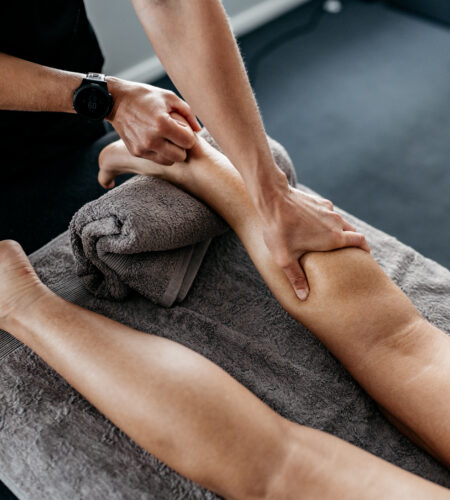

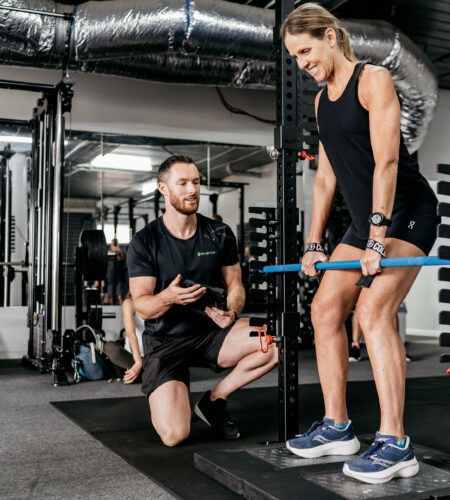

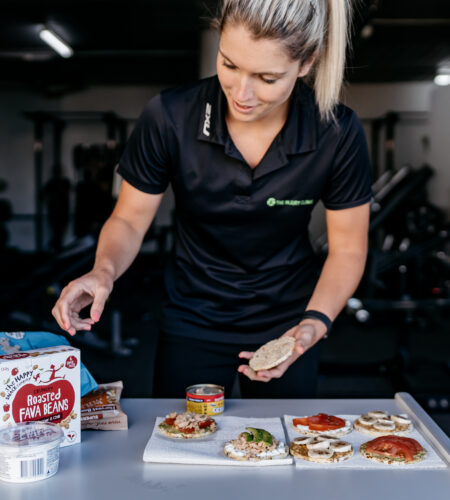

Schedule your next visit
If you’re interested in booking an appointment with one of our team members, contact our clinic today and we’ll be happy to find time for a consultation.
Schedule Consult
